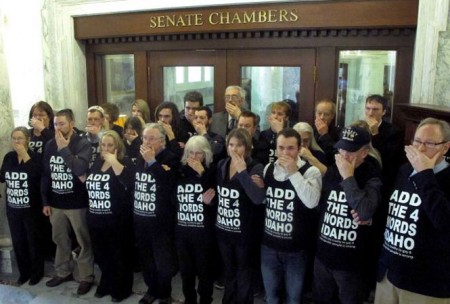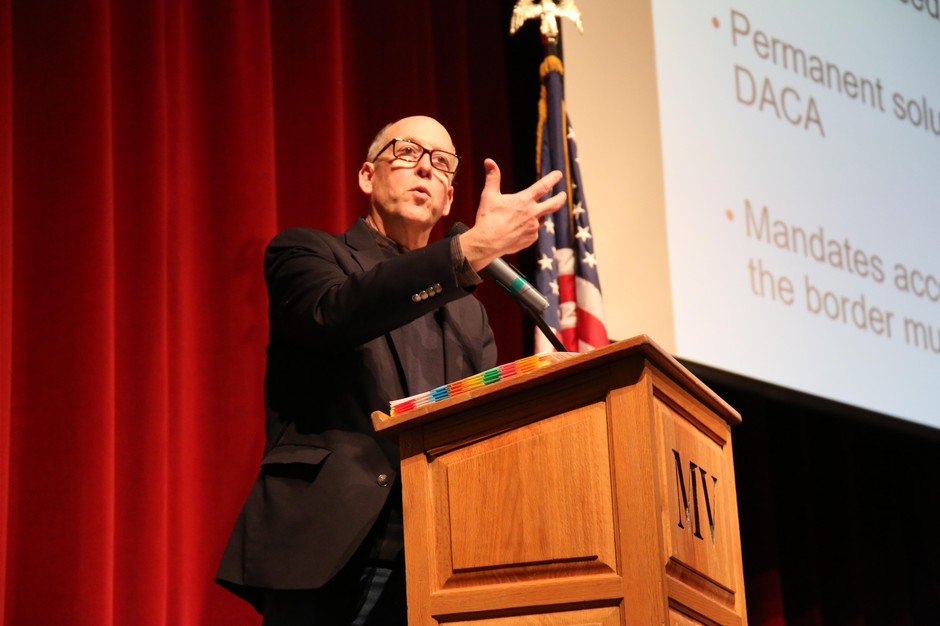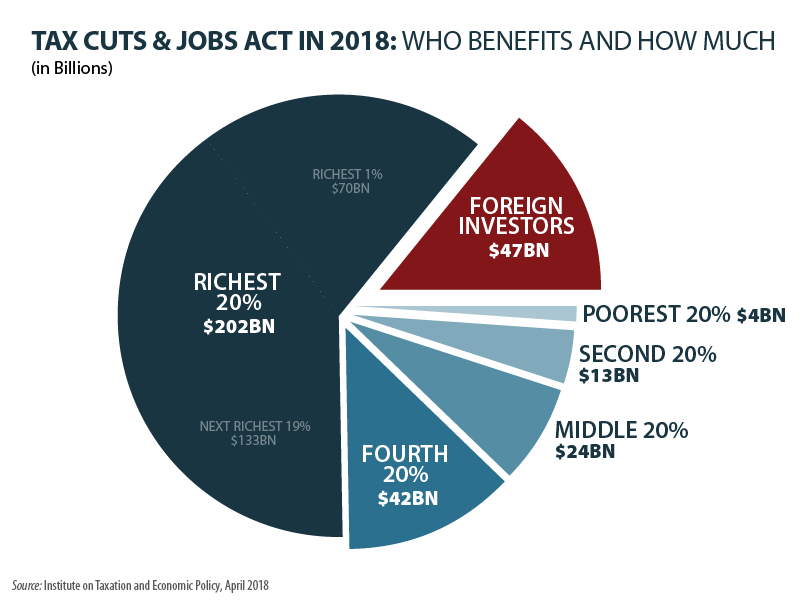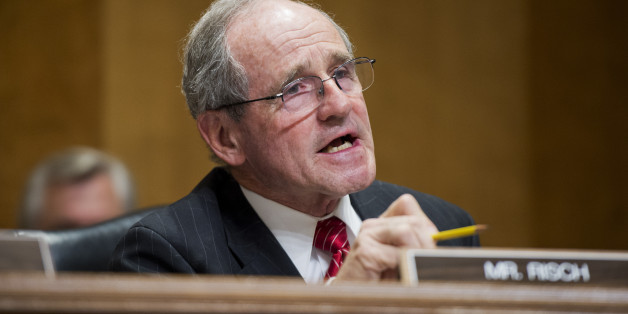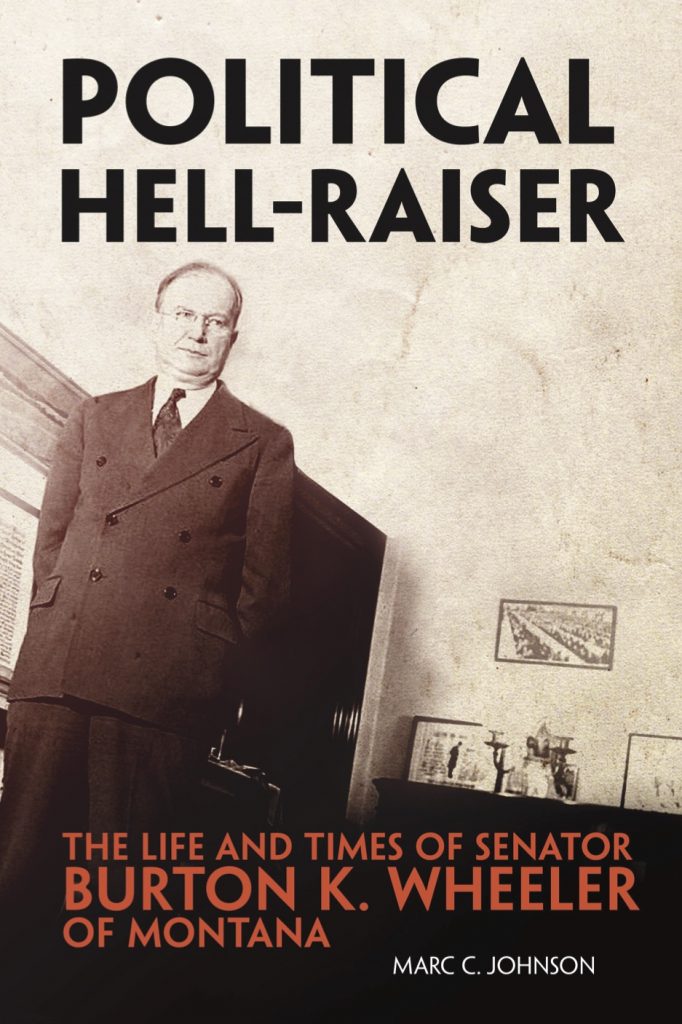The journalist and social critic H.L. Mencken was made for the Trump era. Unfortunately Mencken, a guy given to using words such as buncombe, knaves, fanatics and fools in his Baltimore Sun columns and magazine articles, died in 1956, no doubt convinced that a Trump-like character was in the country’s future.
“As democracy is perfected,” Mencken wrote, “the office of president represents, more and more closely, the inner soul of the people. On some great and glorious day the plain folks of the land will reach their heart’s desire at last and the White House will be adorned by a downright moron.”
We have arrived.

Not many Americans remember Mencken these days even though he was once the best-known journalist – and the most full-throated cynic – in the country. Mencken was an equal opportunity basher of politicians. One suspects he would have loved the daily business of scraping the hide off our current crop of Democratic presidential hopefuls and he would have had an absolute field day with our deranged national tweeter.
In 1920, while Republicans and Democrats jockeyed for position and the chance to succeed President Woodrow Wilson, Mencken took on the entire field. He might have been writing about Beto or Biden or Bernie.
“All of the great patriots now engaged in edging and squirming their way toward the Presidency of the Republic run true to form,” Mencken wrote. “This is to say, they are all extremely wary, and all more or less palpable frauds. What they want, primarily, is the job; the necessary equipment of unescapable issues, immutable principles and soaring ideals can wait until it becomes more certain which way the mob will be whooping.”
We can only imagine what the Sage of Baltimore would have made of Trump and the president’s whooping mob, but charlatan was one of his favorite words. Fraud was another of his prized descriptions.
I got to thinking about Mencken this week after the most powerful man in the world spent most of last weekend attacking a decorated Vietnam veteran, prisoner of war and one-time Republican presidential candidate on social media. “I was never a fan of John McCain and I never will be,” the man with many grievances told us once again, seven months after most decent people came together, at least for a moment, to mourn one man’s courage and patriotism.
Thoughts came again of Henry – Franklin Roosevelt, who detested the writer for his barbed takes on the New Deal and FDR’s patrician privilege, called Mencken by his first name hoping to diminish him – when the Tweeter-in-Chief took time out from ravaging American agriculture with his tariff policies to assault the husband of his White House counselor as “a total loser.” The reality show presidency has morphed into “real house husbands of D.C.”
Henry would have mocked such idiocy, such buncombe, such complete claptrap.
What would one of America’s great social critics have made of the president’s daughter working in the White House while piling up patent approvals with a country we’re engaged with in a trade war? And what of the president’s grifting son-in-law, denied access to state secrets because he’s so clearly susceptible to – there’s that word again – fraud. And what of a political system that tolerates the nation’s chief magistrate maintaining a government lease on a gaudy hotel where every shade of influence seeker pays the rent knowing that their dollars flow directly to the cheater, the conman at the top? What a load of unmitigated rubbish.
Henry Louis Mencken often bemoaned the American predisposition to be hoodwinked by shameless scoundrels. A favorite target was a prominent populist blowhard of his day, William Jennings Bryan, although unlike our own prominent populist blowhard Bryan had some genuine principles. Nevertheless to Mencken the three-time presidential candidate “was a vulgar and common man, a cad undiluted … [and] ignorant, bigoted, self-seeking, blatant and dishonest.” He could have been writing for tomorrow’s paper.
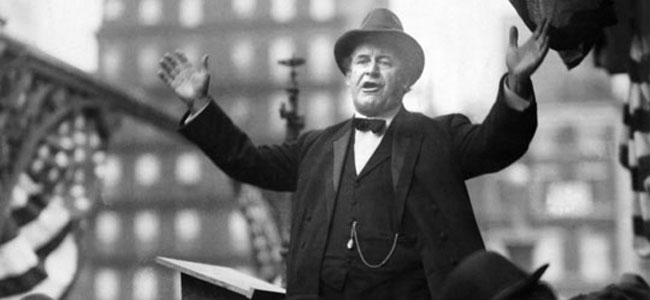
“A culture,” the conservative writer Peter Wehner wrote this week in The Atlantic,“lives or dies based on its allegiance to unwritten rules of conduct and unstated norms, on the signals sent about what kind of conduct constitutes good character and honor and what kind of conduct constitutes dishonor and corruption.” By those standards, or better yet by the decline of standards observed long ago by a Mencken, we have ceased to progress as a culture. We’re settling for buncombe when we might better demand brilliance, or at least competence.
Often H.L. Mencken reserved his most scathing takes on American politics not for the fools and knaves who occupied the hallowed halls of government, but for the gullible voters who put them in power. “The whole aim of practical politics,” Mencken once wrote, “is to keep the populace alarmed (and hence clamorous to be led to safety) by menacing it with an endless series of hobgoblins, all of them imaginary.” And to think he didn’t even know about the make belief “invasion” of the southwest border, or the “witch hunt” or the “fake news.”
“Democracy is a pathetic belief in the collective wisdom of individual ignorance,” Mencken once wrote. Cynics aren’t often the best judges of the overall direction of things, but our current tomfoolery is such that we’re left to a long-dead cynic to remind us that eventually “every decent man is ashamed of the government he lives under.”
—–0—–



